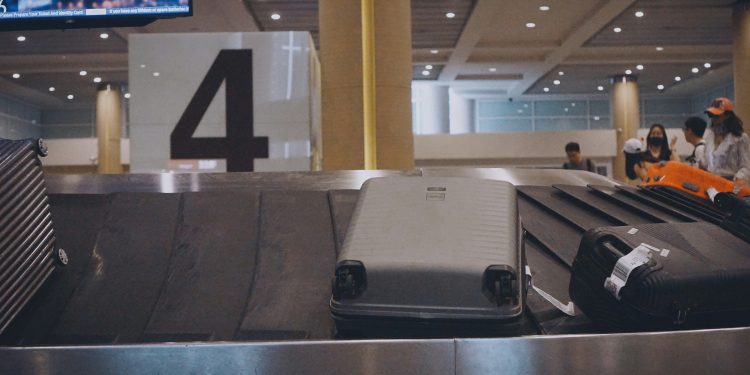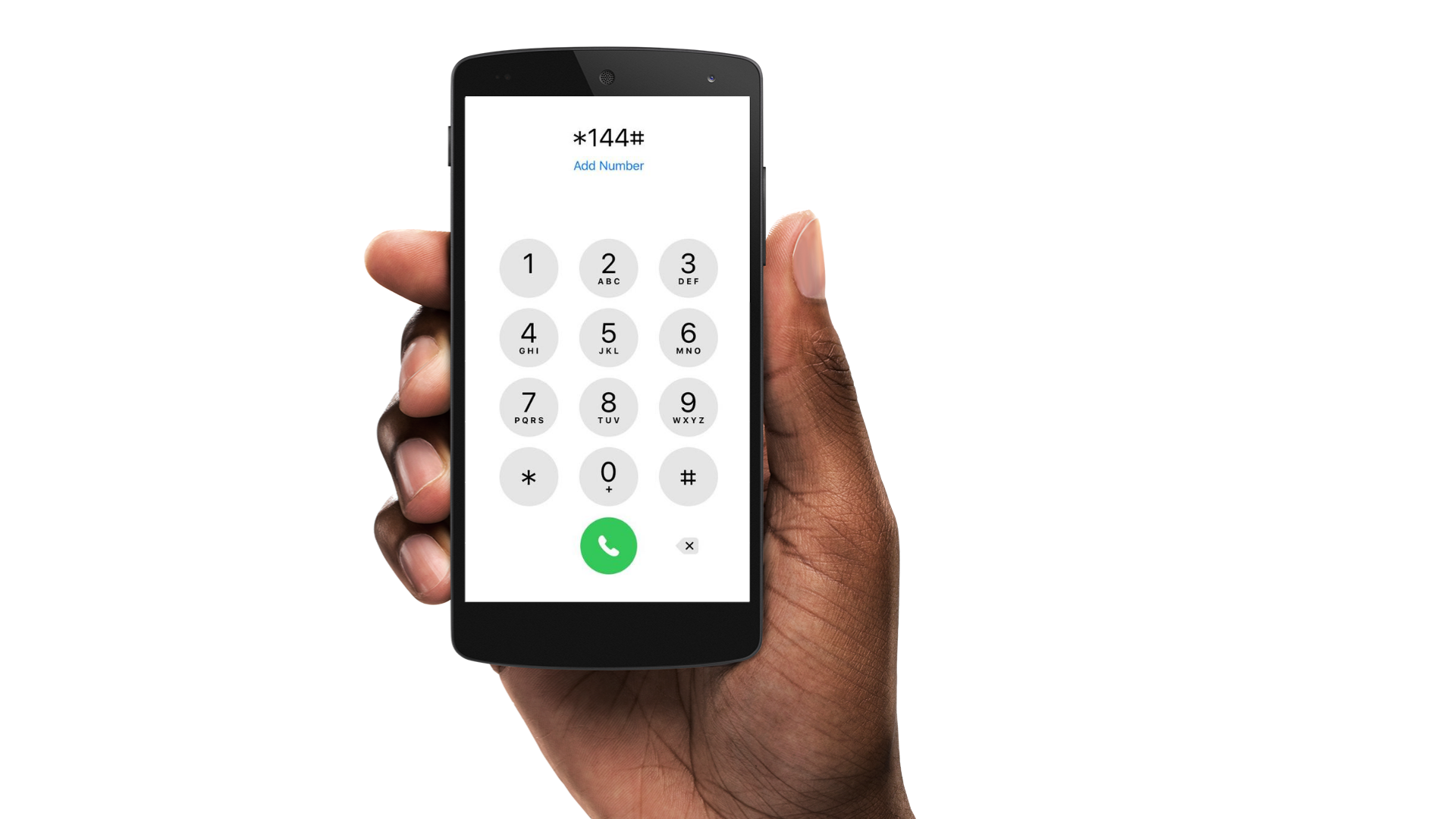The Transportation Security Administration (TSA) has begun quietly lifting its post-9/11 shoe removal requirement at select US airports, marking the most significant relaxation of air travel security protocols in nearly two decades.
Major hubs including Baltimore/Washington International (BWI), Fort Lauderdale-Hollywood International (FLL), and Portland International (PDX) have already implemented the change, with Cincinnati/Northern Kentucky (CVG), Philadelphia (PHL), and Piedmont Triad (GSO) airports following suit.
Homeland Security to Announce Formal Policy Update Tuesday
While the TSA hasn’t officially announced the nationwide policy shift, a Monday press release hinted at “innovative ways to enhance the passenger experience” without compromising security.
Department of Homeland Security Secretary Kristi Noem is expected to confirm the changes during a Tuesday press conference, which White House Press Secretary Karoline Leavitt previewed as “big news” for American travelers.

The controversial shoe removal mandate dates back to 2006, implemented in response to Richard Reid’s failed 2001 “shoe bomb” attempt aboard an American Airlines flight from Paris to Miami.
For eighteen years, the policy stood as a hallmark of post-9/11 airport security, even as TSA PreCheck members and children under 12 gained exemptions in recent years. Aviation security experts suggest the change reflects improved explosive detection technology in modern body scanners, which can now identify threats without requiring footwear inspection.
Early reports indicate the policy shift has reached Los Angeles International (LAX), New York’s LaGuardia (LGA), Philadelphia International (PHL), Cincinnati/Northern Kentucky International (CVG) and Piedmont Triad International (GSO).
The TSA is also warning that individual airports may take weeks to fully implement the new procedures, and advises travelers to check their airport’s status before flying.
What Frequent Flyers Should Know
While the shoe exemption expands to general passengers at participating airports, TSA PreCheck members have enjoyed this privilege since the program’s inception.
The $78 five-year program, which requires fingerprinting and background checks, continues to offer additional benefits like keeping laptops in bags and avoiding routine removal of belts and light jackets. Industry analysts predict the policy change may reduce PreCheck enrollment growth as more travelers experience streamlined screening.
This policy shift follows other recent TSA improvements including updated computed tomography (CT) scanners for carry-on bags and credential authentication technology (CAT) that eliminates boarding pass checks.

















